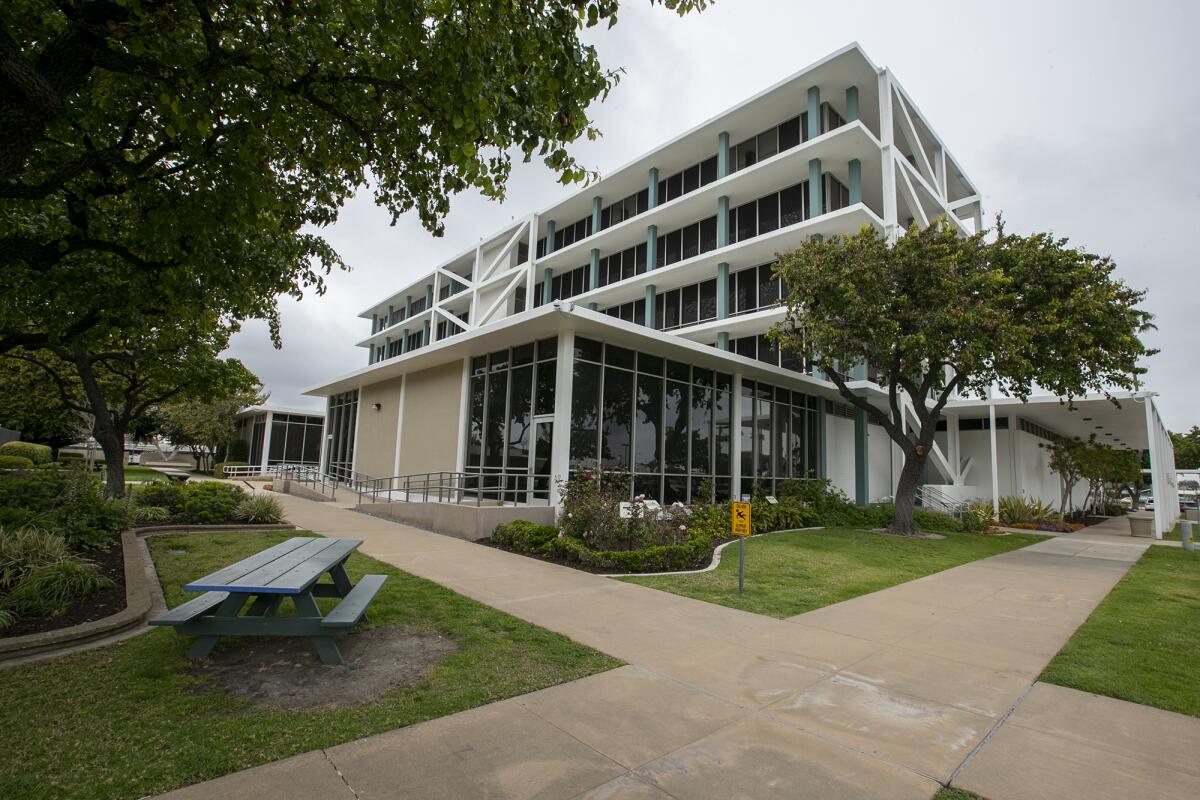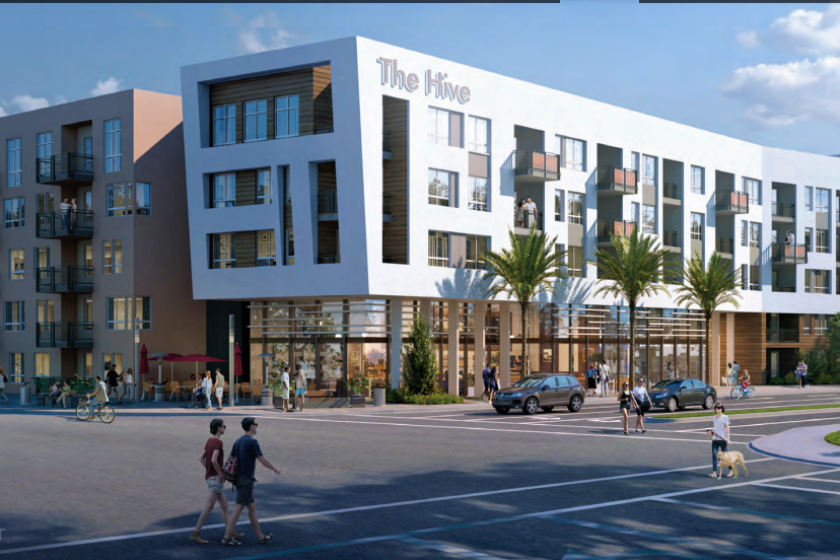Costa Mesa’s affordable housing ordinance goes back to the drafting table — again

In drafting an inclusionary housing ordinance, requiring builders of certain-sized developments in Costa Mesa to set aside a percentage of affordable units for low-income tenants, city officials seemed to have excluded one important factor — the law’s applicability.
This point was brought up by City Councilwoman Arlis Reynolds on Tuesday, when the panel was set to pass the ordinance in a routine second reading, capping off a series of public hearings and discussions over how, where and to what extent affordability might be mandated.
Reynolds pulled the item from the meeting’s consent calendar, expressing a desire to further discuss an April 2 unanimous vote in support of the ordinance, also a second reading of the item, establishing 50 units as the threshold by which the ordinance would be applied.
From there, projects with a density of 60 units per acre would be required to offer either 10% for low-income tenants or 5% for very-low-income, while less dense proposals would have to set aside 6% as low-income units or 4% for very-low-income tenants.
“That’s one of the items that felt particularly arbitrary,” Reynolds said of the 50-unit threshold, adding that only 48% of the areas defined as “housing opportunity sites” in the city’s housing element could support projects large enough to trigger the affordability law.
“I wanted to throw that out for public comment and see if we could perhaps improve our ordinance by reducing that threshold.”
Resident and retired attorney Kathy Esfahani, who sits on the Costa Mesa Affordable Housing Coalition, called the ordinance “disappointing” and urged the council to lower the threshold.
Most residents believe more housing is needed in Costa Mesa, but cutting a path toward affordability has been difficult, as council members recently demonstrated.
“Some of you have residents in your districts who are really struggling with the high cost of housing and are on the verge of homelessness,” she said. “If you want to provide affordable housing, the first step I would suggest is definitely drop the threshold to 30, if not below that.”
Esfahani illustrated her point, suggesting a 2-acre project with 118 proposed total units would only offer four very-low-income units.
Adam Wood, an Orange County representative of the Building Industry Assn. of Southern California, took a different view, claiming that without some incentive, developers simply will not build needed housing.
He recommended the council expedite plans for a citywide rezoning of corridors to allow for higher densities, promised by the 2022 voter-backed Measure K initiative, to complement the affordability ordinance.
“Anytime we take a step toward making the barriers higher for production, not seeing the coupled rezoning measures with it, it’s just going to make it that much more difficult in general to produce housing,” he said.
A proposal by Reynolds to lower the threshold to 30 units was met with disapproval by Councilman Don Harper, who felt the public should be notified ahead of such a large change being made. Mayor Pro Tem Jeffrey Harlan said he was unwilling to toss out the work done on April 2, and the real concessions made, for a concern that was largely academic.
“Housing opportunity sites are simply notations on a piece of paper. They have nothing to do with what will actually happen on the ground,” he said. “We need to get projects in the pipeline, so I want to make sure we don’t take a step backward.”
Mayor John Stephens suggested in a substitute motion the council continue the discussion to the next regular meeting, to allow for proper notification of the public. Councilman Manuel Chavez, the only renter on the dais, said he would not support either motion.
“This ordinance [discussion] was a really long slog. I think everybody got a piece of something they wanted in that,” he said. “When it comes to housing, I don’t want to play around anymore. I want to build it as fast as we can.”
The council voted 5-2 to continue the ordinance discussion to its next regular meeting, with Harlan and Chavez opposed. A second item, regarding the establishment of an in-lieu fee developers can pay as an alternative to providing affordable units under the ordinance, will also be picked up at the next meeting.
All the latest on Orange County from Orange County.
Get our free TimesOC newsletter.
You may occasionally receive promotional content from the Daily Pilot.





